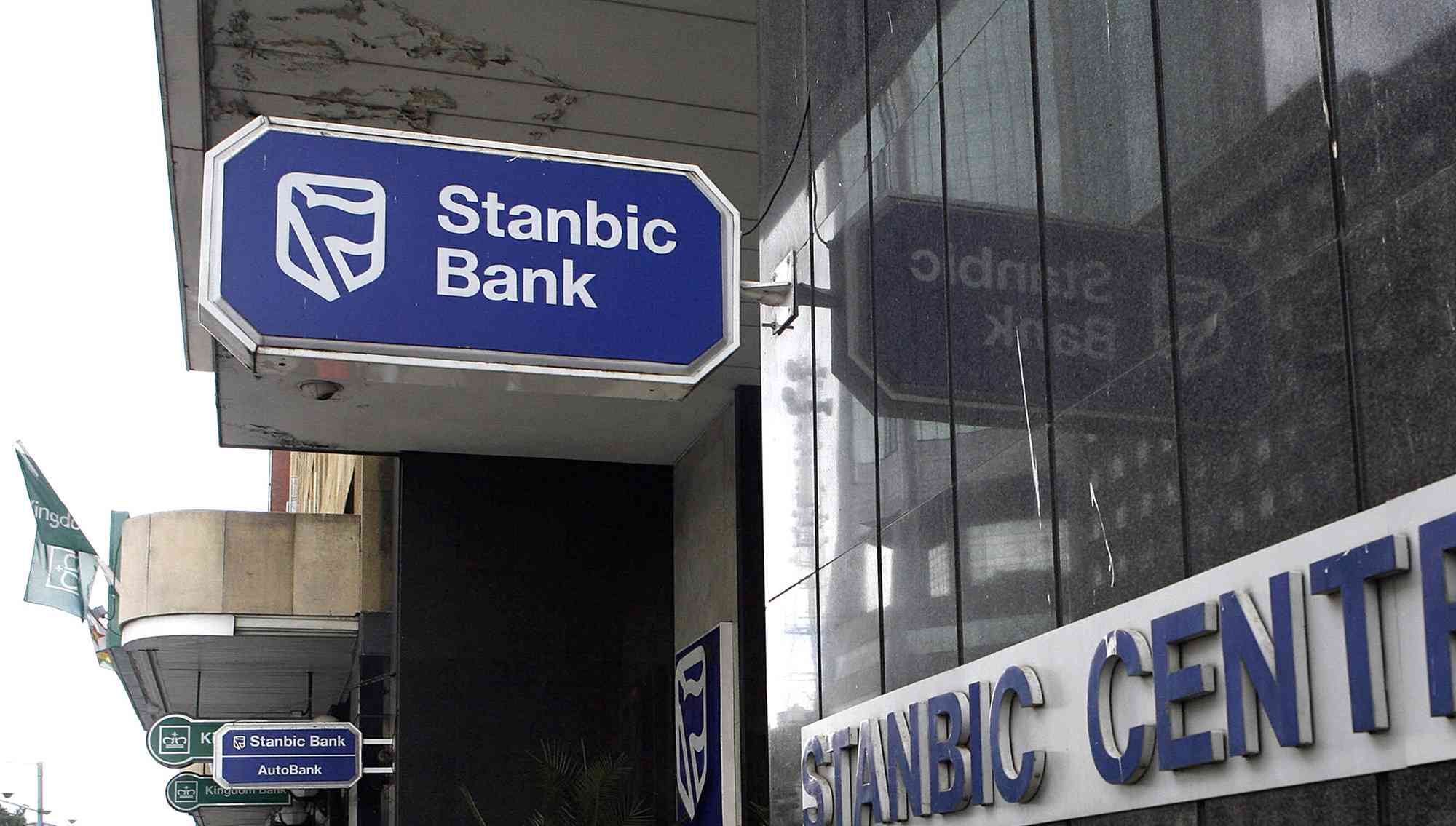
BRUSSELS — Cyprus clinched a last-ditch deal with international lenders to shut down its second largest bank and inflict heavy losses on uninsured depositors, including wealthy Russians, in return for a ₣10 billion ($13 billion) bailout.
Reuters
The agreement came hours before a deadline to avert a collapse of the banking system in fraught negotiations between President Nicos Anastasiades and heads of the European Union (EU), the European Central Bank and the International Monetary Fund (IMF).
Swiftly endorsed by eurozone Finance ministers, the plan will spare the east Mediterranean island a financial meltdown by winding down Popular Bank of Cyprus, also known as Laiki, and shifting deposits below ₣100 000 to the Bank of Cyprus to create a “good bank”.
Deposits above ₣100 000 in both banks, which are not guaranteed under EU law, will be frozen and used to resolve Laiki’s debts and recapitalise Bank of Cyprus through a deposit/equity conversion.
The raid on uninsured Laiki depositors is expected to raise ₣4,2 billion, Eurogroup chairman Jeroen Dijssebloem said.
Laiki will effectively be shuttered, with thousands of job losses. Officials said senior bondholders in Laiki would be wiped out and those in Bank of Cyprus would have to make a contribution.
An EU spokesman said no across-the-board levy or tax would be imposed on deposits in Cypriot banks, although the hit on large account holders in the two biggest banks is likely to be far greater than initially planned.
- Chamisa under fire over US$120K donation
- Mavhunga puts DeMbare into Chibuku quarterfinals
- Pension funds bet on Cabora Bassa oilfields
- Councils defy govt fire tender directive
Keep Reading
A first attempt at a deal last week collapsed when the Cypriot parliament rejected a proposed levy on all deposits.
German Finance minister Wolfgang Schaeuble said lawmakers would not need to vote on the new scheme, since they had already enacted a law setting procedures for bank resolution.
“It can’t be done without a bail-in in both banks . . . This is bitter for Cyprus, but we now have the result that the (German) government always stood up for,” Schaeuble told reporters, saying he was sure the German Parliament would approve.
A senior source in the talks said Anastasiades threatened to resign at one stage on Sunday if he was pushed too far. He left EU headquarters without making any comment.
Conservative leader Anastasiades, barely a month in office and wrestling with Cyprus’ worst crisis since a 1974 invasion by Turkish forces split the island in two, was forced to back down on his efforts to shield big account holders.
Diplomats said the President had fought hard to preserve the country’s business model as an offshore financial centre drawing huge sums from wealthy Russians and Britons, but had lost.
The EU and IMF required that Cyprus raise ₣5,8 billion from its banking sector towards its own financial rescue in return for ₣10 billion in international loans.
The head of the EU rescue fund said Cyprus should receive the first emergency funds in May.











